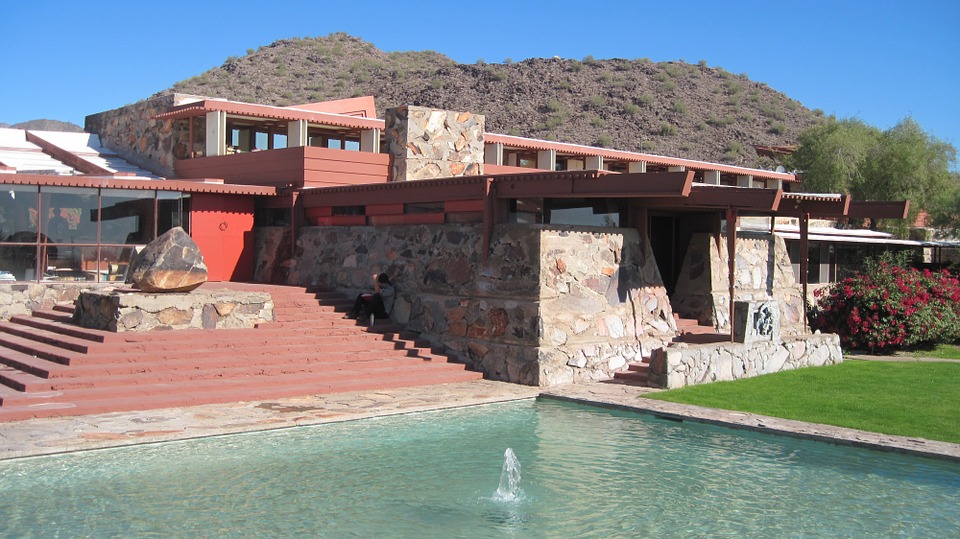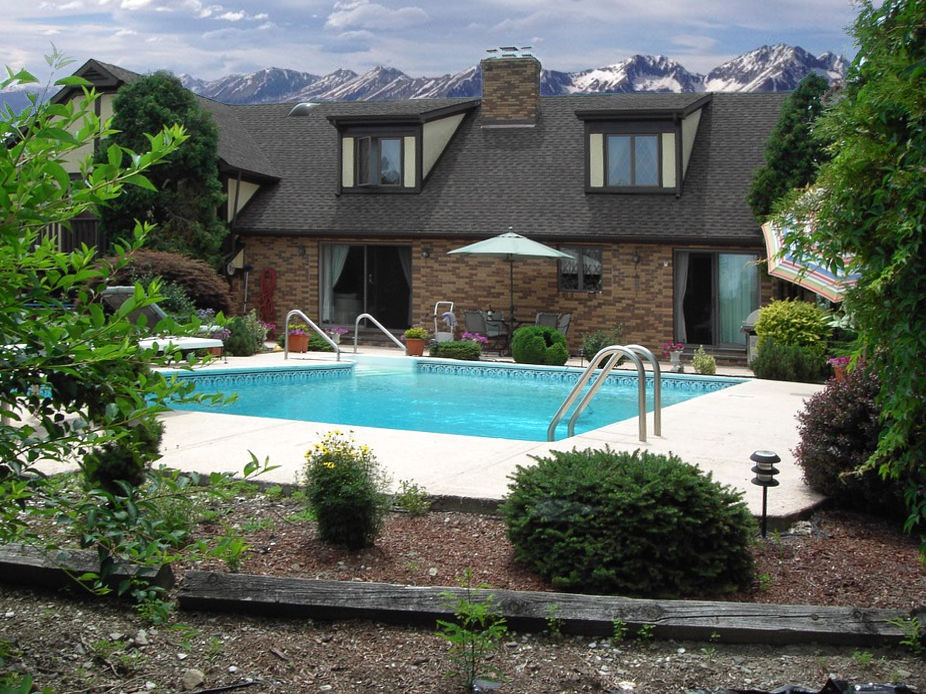How large a mortgage can I afford?
The decision to buy a new home is an exciting time in everyone’s life. Picking the best neighborhoods, best schools, most prestigious subdivisions: making your dreams come true.
The downside to picking the best of the best of the best is never having enough money to go out, living paycheck-to-paycheck and the looming threat of foreclosure if you get sick or lose your job or the economy experiences a downturn. That is not the kind of excitement you really want in your life. I really like Dave Ramsey’s advice to use as little debt as possible and pay it off as quickly as possible. Inevitably, you’ll need to balance your proposed expenses with your current income. We’re here to help you answer that important question, how much house can I afford?
Debt to Income
Mortgage lenders look at your income, expenses, and two ratios when they try to figure out how much of a loan you can afford. They’re going to look at the total amount of your monthly debt payments in relation to your gross monthly income. This is called your «Back Ratio» and if it gets too high lenders won’t lend to you becuase they’ll be afraid that you won’t be able to survive a hardship. If your total monthly debt payment divided by your gross monthly income exceeds 36% it’s unlikely that you’ll be able to get a loan. While this isn’t a strict limit it is a good rule of thumb. If your back ratio exceeds 40% a relatively small hit to the economy or your health could wreak havoc on your ability to pay your debt. Banks don’t like to lend to borrowers that use debt unwisely or take on more than they can handle.
While the bank is looking out for their wellbeing, it’s really in your best interest to keep your debt-to-income ratios in reasonable ranges. As these ratios rise you’ll find that you will have to go to lower quality lenders that charge higher interest rates in order to compensate them for the added risk their taking on by lending to you. Besides, the difference between a house that pushes your debt to income from 35% to 45% probably isn’t that great, while the extra 10% cushion could mean the difference between going into foreclosure or not when we hit a rough patch in the economy.
20% Down Payment and Cash on Hand
Keeping your debt at reasonable levels is just one part of the «how much home can I afford» equation. The amount of cash you can put down on the house and the amount of cash you have in reserves are key to understanding what kind of loan amount you can support. This really makes intuitive sense. Even if you have high a high back ratio, if you have a zillion dollars in the bank you’ll be able to fix bigger problems that might arise. At a minimum, you want to have three months of house payments set aside to cover the mortgage if something goes wrong and it would be nice if you could build that up to six months of house payments in reserve. If your income is highly variable then you might want 12 months or more in reserve. You can think of your cash reserves as the amount of runway in front of you before hitting the trees.
Another key number that bankers look at is the amount of equity in a particular loan scenario. For example, if your debt to income ratio is at 38% and have minimal reserves but, you are putting down 50% of the loan amount then the bank may look past some of the other issues and approve a loan that would otherwise be denied.
How does this play out in real life?
We’ve discussed a couple of ways that mortgage bankers figure out how much house you can afford: We talked about Debt-to-Income not exceeding 36%, which means that your total monthly debt payment divided by your gross monthly income does not exceed 36%. The second thing we discussed was cash reserves being at least 3 months worth of income. Finally, we talked about the size of your down payment. Ideally, you’ll put down 20% of the cost of the home. An example might make it easier to understand how these numbers play out in real life.

Example #1: This is a beautiful 4,200 square foot home in Scottsdale, AZ on the 17th hole of the exclusive SilverLeaf Golf Course with stunning mountain views to the north, city lights to the south and an amazing pool that makes up for the stifling heat of the summer. This beauty doesn’t come cheap. It’s listed at a mere $1,750,000. Our prospective buyers have $235,025 to put down on the property and that will leave them with $24,000 in reserves. We’ll make the assumption that interest rates are 3.875% and closing costs will total $7,500. Keeping up with the jones in Scottsdale is no small task while Mr. & Mrs. Beautiful have good credit scores in the mid 700’s and earn a combined salary of $16,000 per month, they have also amassed $142,000 in credit card and other debt costing them about $2,366 per month. So how might a banker look at this transaction?
First, the banker will calculate the down payment percentage. They’ll take 235,025 / (1,750,000+$7,500) which equals a strong but not stellar 13.3%.
Next, they’ll look at the DTI or debt-to-income ratio. The proposed transaction will have our Beautiful couple paying $8,264/mo on their mortgage plus the $2,366 for the interest on their debt for a grand total of $10,630 in debt payments per month. Even with a very good income of $16,000 when we divide $10,630/$16,000 we come up with a ratio of 66.44%.
Even though they would still have $5,000 per month left to pay their monthly living expenses, their DTI is too high to make any banker comfortable.

Example #2:
[Insert New Example]
I can afford a new home, but should I buy one?
In example #2, our buyers were definitely able to afford the home they wanted, but, should they buy it? Financially, it might make more sense to rent rather than buy. Recently, investors bought up thousands of homes very inexpensively and are renting them out at below market rates. You can use our rent vs. buy calculator to figure out if it makes more sense to rent vs. buy.
Another choice some people make is to rent a smaller home or apartment and purchase a number of rental homes or AirBnB rentals.
Our handy, dandy mortgage calculator
When you really need to get into the numbers and figure out just how much house you can afford to purchase, check out our latest mortgage calculator.
[mortgagecalculator]




COMMENTS